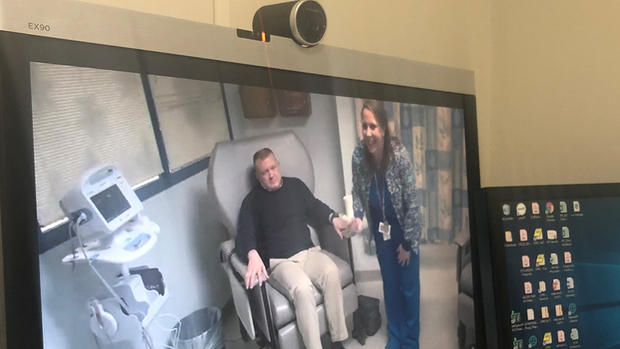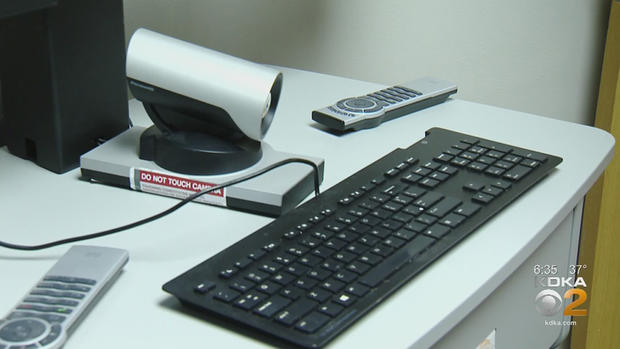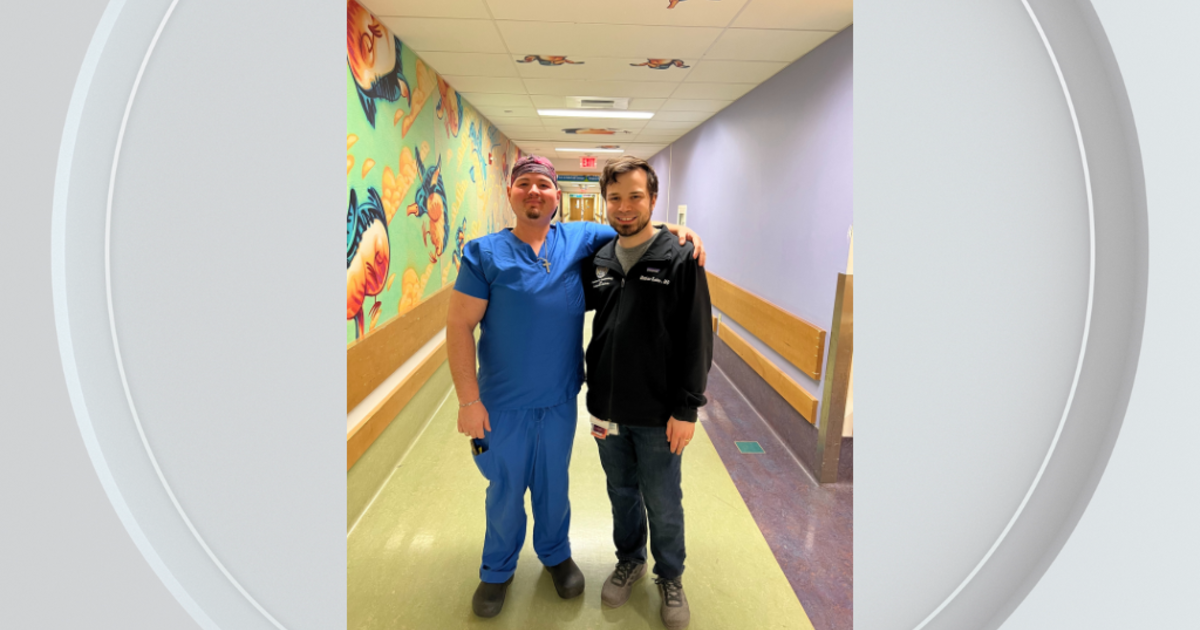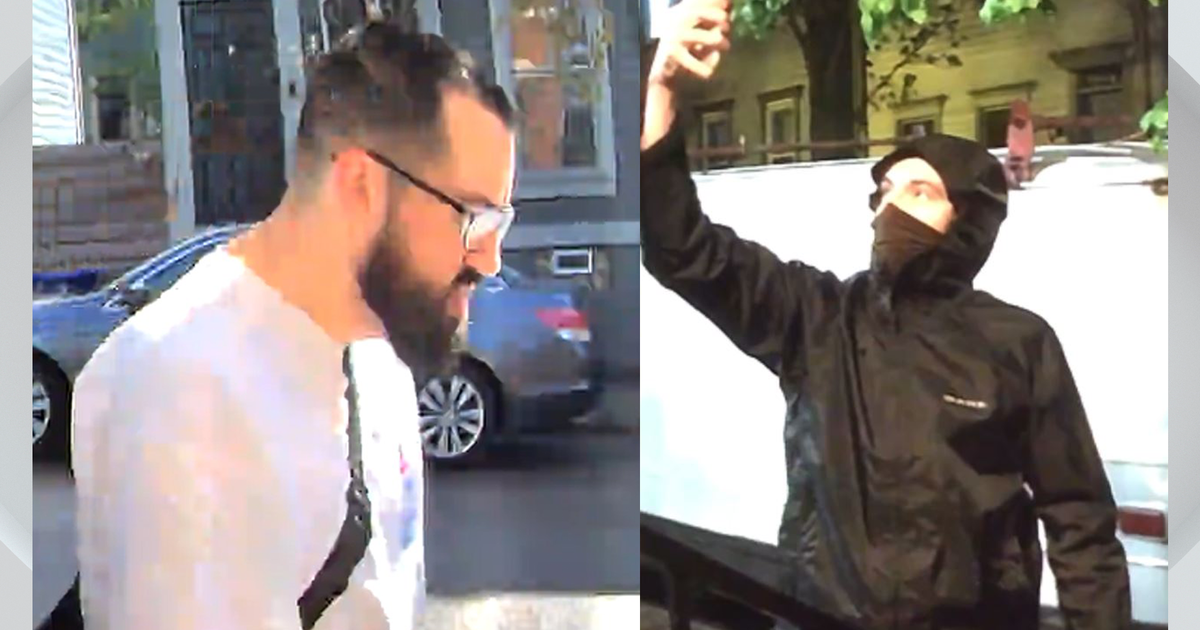Telehealth Technology Virtually Linking Patients And Doctors
PITTSBURGH (KDKA) -- The city of Pittsburgh is known for its yellow bridges, flashy Super Bowl rings and salads with french fries, but now its also leading the way in a new form of medicine: Telehealth.
It's a new way to use technology to virtually link patients and doctors, and its more convenient for everyone involved. A patient can get a check-up without having to leave the house.
KDKA's Meghan Schiller talked to doctors at two area hospitals about how it works.
"Hi, Mr. Stratton, how are you?" asks Dr. Vida Passero, oncologist at Pittsburgh's VA hospital.
It's called a virtual check-up. Cancer patient Doug Stratton sees his oncologist on the screen.
"When they brought it up to me, it wasn't a hard decision," said Stratton, a retired Army lieutenant colonel. "It's much more convenient."
He can sit in Altoona's Virtual Cancer Center and talk to his oncologist in Pittsburgh, meaning he's no longer driving the 200 mile round-trip.
"Usually, I take a look at his skin, take a look in his mouth and we have a digital camera," said Dr. Passero.
Dr. Passero told KDKA she never imagined she'd be treating patients using this technology, but its very important to ensure access to care.
"So far what we know is its cheaper for the patients and the family and caregivers. What we're looking at right now is return on investment," she said.
Dr. Passero said the technology is a large upfront cost, but once a hospital has the infrastructure and the telehealth staffing, it's very easy.
Veterans in and around Pittsburgh are some of the first in the nation to reap the benefits of telehealth and it works a few different ways.
"Dr. Passero talked to you guys about CVT, which is telehealth to another VA facility, but we also have VVC where we can do a virtual appointment to their home," said Jessica Gurley-Randolph, Facility Telehealth cordinator and supervisor.
A veteran can dial-in for an appointment without leaving the comfort of the couch, using something like a smartphone, laptop, or anything with a front-facing camera. The best part is this: the VA will provide free iPads for qualifying veterans if they don't have the technology.
"People are going to be able to save time and money and spend more time with their family instead of traveling to appointments," said Gurley-Randolph.
In just the past year, veterans like Stratton have used this VA's telehealth technology 35,000 times.
"Usually, I kind of jot down a list of everything that happened from the previous month and just ask her if I should be expecting normal or if its out of the norm and we have a conversation back and forth," said Stratton.
If it works for our veterans, why not try it out with children? Inside the tech suite on the fifth floor at UPMC Children's Hospital, Dr. Justin Yeh video chats daily with a medical team more than 1,000 miles away in Tampa, Florida.
"This is a camera on a cart that allows us to talk face-to-face to each other in real time," said Dr. Yeh.
He monitors the heart rhythms and oxygen levels for the complex patients that come to one of UPMC's two partner hospitals in Florida.
"We actually have cameras in the rooms where we get permission from the families, so that I can actually see into the room," said Dr. Yeh.
Ken Nischal, the medical director for digital health at UPMC Children's Hospital, says telehealth is the future. He encourages parents to try it out.
"What we're looking to do is to reduce the stress of illness on families," said Nischal.
He's asking his doctors across all medical fields to incorporate the new technology and hopes busy parents will ask about access to virtual appointments.
"All of these things are making the delivery of care much easier and to some extent safer, said Nischal.





